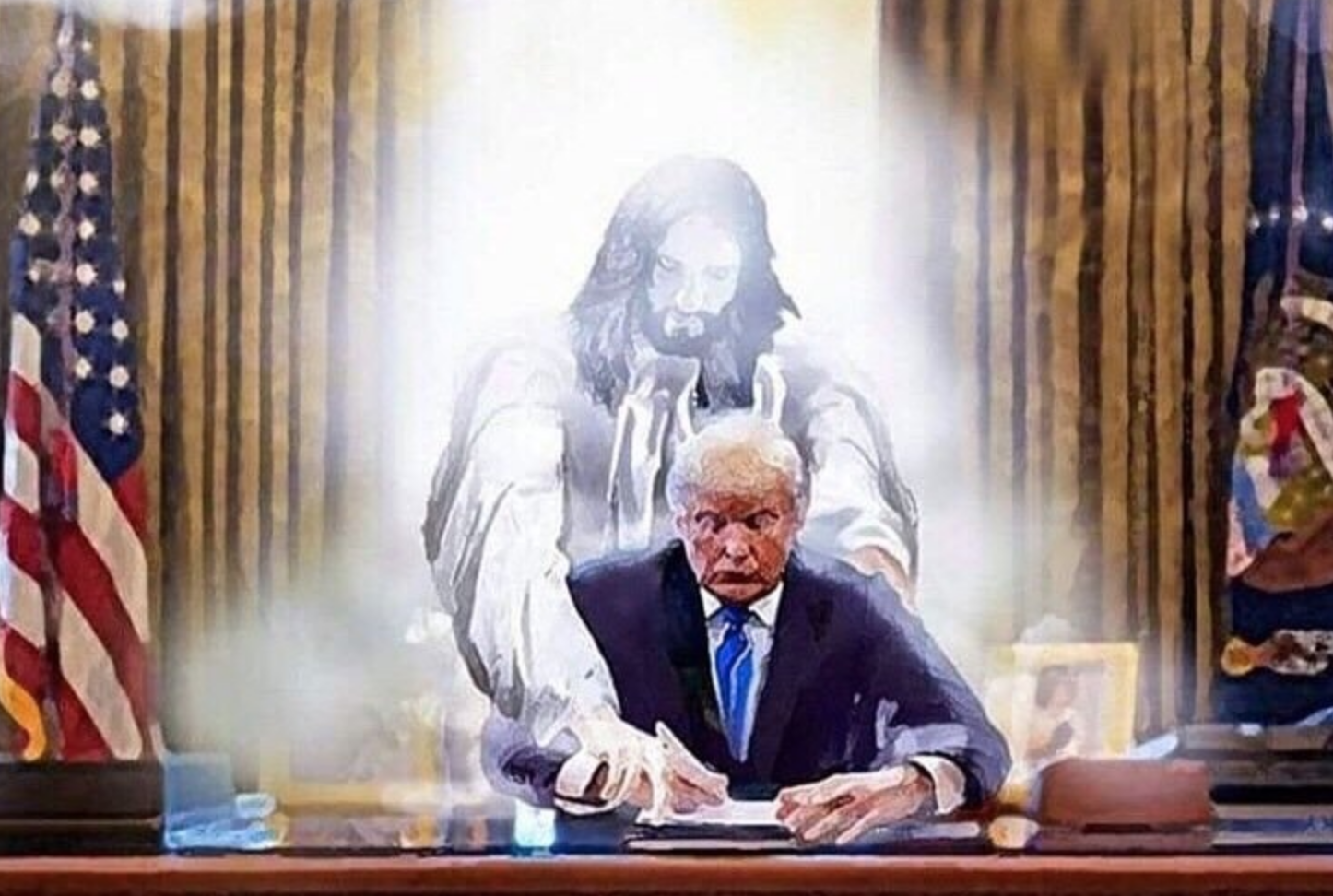When describing his life, Denzel Washington often notes a mysterious encounter on March 27, 1975, offering it as a parable about his Christian faith and his acting career.
The young Washington was in his mother's Mount Vernon, New York, beauty parlor, after horrible grades forced a leave of absence from Fordham University. An elderly church woman, who many believed had unique spiritual gifts, looked him in the eye and asked for a piece of paper.
Scribbling the details, Ruth Green announced: "I have a prophecy. Boy, you are going to travel the world and speak to millions of people."
Sharing this story at Dillard University in New Orleans in 2015, Washington added pulpit friendly advice: "What she told me that day has stayed with me ever since. I've been protected. I've been directed. I've been corrected. I've kept God in my life."
The actor stressed these words: "Put. God. First.”
After a press screening of "The Book of Eli" in 2010, he added another wrinkle, pondering the prophecy's implications. At one point, Washington, a member of the giant West Angeles Church of God in Christ, wondered if he was supposed to have been ordained.
Washington said his pastor noted: "Well, aren't you talking to millions of people? Haven't you traveled the world?"
That question recently surfaced, once again, when the two-time Oscar winner received a minister's license at the Kelly Temple Church of God in Christ in Harlem, a congregation he attended as a child. During this December 21 baptism rite -- broadcast online -- Washington rededicated his life to God and moved one step from full ordination. As a licensed minister, he can preach, perform weddings and lead some religious services.
"We celebrate the addition of Minister Denzel Washington into the clergy … in a truly uplifting moment," Archbishop Christopher Bryant wrote on Facebook.










